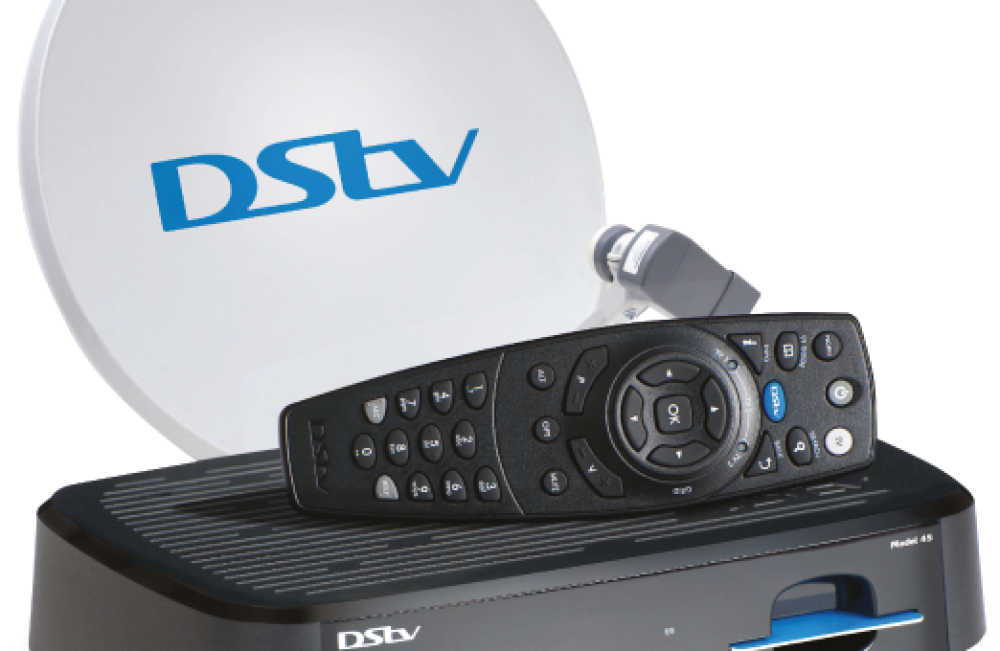
How DStv Is Sustaining Its Pay TV Leadership Through Technology Investments And Local Content
How DStv is sustaining its Pay TV leadership through technology investments and local content
Since its inception in the early 1990s as a direct broadcast satellite, DStv has grown to become an integral part of the Nigerian household while also contributing significantly to the development of the continent's media and film industries.
DStv, which is owned by MultiChoice Group, continues to be an integral part of the African media industry's success story. Additionally, the brand has outlasted competitors such as HiTV and MyTV, which can be attributed to the brand's investment in content production and acquisition, as well as its improved use of technology.
DStv has been experimenting with mobile technology since the technology's infancy in Africa, launching products such as Drifta and DStv Walka in an attempt to reach almost everyone in its markets. Another significant product was the first Personal Video Recorder (PVR), which was launched in 2005 as the continent's first PVR device. Additionally, the device is the world's first dual-view personal video recorder.
In 1995, the media conglomerate opened offices in Nigeria and several other African countries, cementing its presence on the continent and positioning it as a pan-African brand.
Following the market
DStv launched BoxOffice in 2011, an online-based movie rental service that allows for a 48-hour rental period. Additionally, DStv Now was launched during that time period as a mobile application that enables subscribers to access Live TV and DStv Catch Up, among other features.
These moves are comparable to DStv's efforts to make its services available to subscribers regardless of their location or time of day, particularly with regard to the DStv app, which has since been added to smart televisions.
Apart from making the DStv app available to subscribers, the media group revealed plans to make it a stand-alone service for those who do not own a DStv decoder, further increasing DStv's share of the pay-TV market. This is significant in light of the GSM Association's (GSMA) forecast that the number of smartphones in Nigeria will reach 154 million by 2025, up from 23.3 million in 2019.
On the other hand, the BoxOffice feature enables subscribers to rent movies from the comfort of their own homes. This is a far cry from the days when movies were rented from physical rental stores.
Regardless of MultiChoice's position as one of Africa's leading satellite TV distributors, the media company is making every effort to solidify its leadership position in the market by incorporating technology into its content distribution channels and strategies.
MultiChoice, in keeping with its positioning as a super aggregator, struck an unexpected partnership with Netflix and Amazon Prime, two of its competitors in Africa's video-on-demand (VoD) market. MultiChoice was able to integrate the services of the two American platforms into the DStv Explora decoder as a result of the partnership.
Apart from collaborating with foreign brands in order to better serve its subscribers. MultiChoice is also investing heavily in the creation of indigenous content, which is not the case with any other player in the Nigerian and, by extension, African pay-TV markets.
This was also true of the VoD market until recently, when Netflix became more aggressive in producing and acquiring African content, beginning with the acquisition of the global distribution rights to Genevieve Nnaji's Lion Heart film in 2018.
Prior to the partnership, DStv entered the VoD market with the launch of the DStv app, a mobile and smart TV application that demonstrates the company's readiness for the possible future of media consumption in Africa.
The role of DStv in promoting African languages is critical to the pay-TV service's relevance on the continent. For example, a sizable portion of DStv subscribers in Nigeria watch content in their mother tongue on Africa Magic Hausa, Igbo, and Yoruba, three channels dedicated exclusively to the country's three major languages.
As of March 2021, the MultiChoice Group's pay-TV ecosystem had 20.1 million subscribers, with 8.7 million in the South African market and 11.4 million in the rest of Africa, including Nigeria.
Continued investment in indigenous content will be critical in DStv capturing a larger share of Nigeria's pay-TV market, as the country is expected to contribute 10 million pay-TV subscribers by 2025, according to Africa Pay TV Forecasts.
Courses and Cetification
Analog Communication Course and Certificate
Antenna Theory Course and Certificate
Audio Engineering Course and Certificate
Automata Theory Course and Certificate

